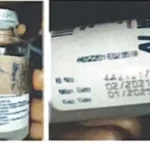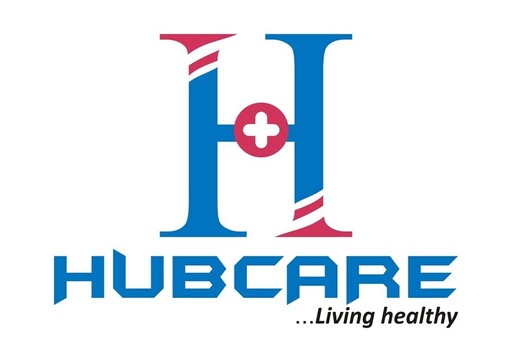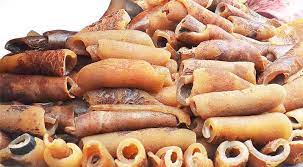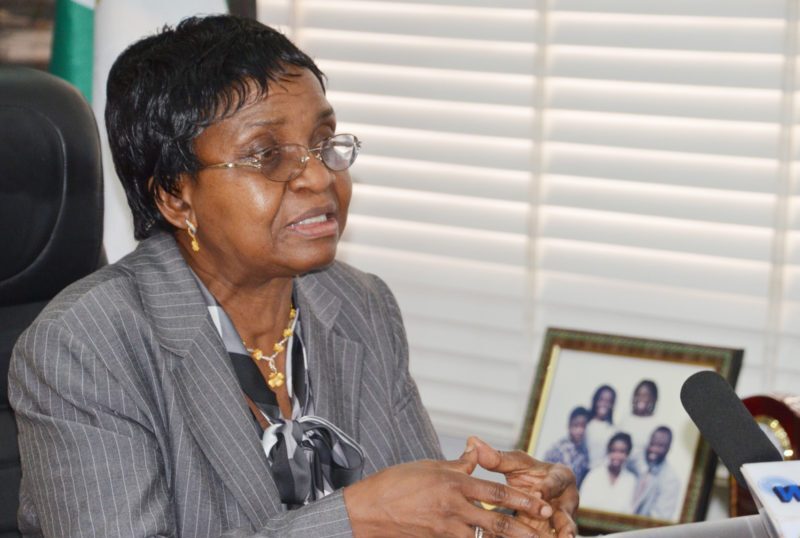NAFDAC Refutes Approval of ‘Glucozil’ Herbal Medicine for Diabetes Treatment
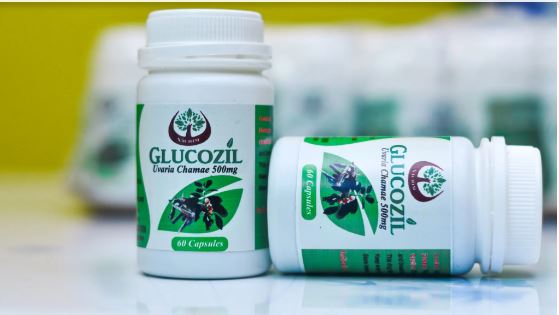
In a decisive move, the National Agency for Food and Drug Administration and Control (NAFDAC) has categorically denied conferring approval upon the use of “Glucozil,” a locally produced herbal medicine, for the treatment and remedy of diabetes and Benign Prostatic Hyperplasia.
The claims surrounding Glucozil asserted that it originated from Ambrose Alli University in Ekpoma, Edo State, with indications of scientific assessment suggesting its safety for both human and animal use.
Setting the record straight on Tuesday, Mojisola Adeyeye, the Director-General of NAFDAC, countered the widespread information. She clarified that the product was indeed enlisted by the agency on November 10, 2020, specifically for the “MANAGEMENT OF HIGH BLOOD SUGAR,” a detail etched onto the endorsed label and Listing Certificate furnished to the applicant. However, this listing held validity only up to November 9, 2022. Consequently, the herbal medicine certificate has now lapsed.
Furthermore, in adherence to the Herbal Medicine & Related Products Labelling Regulations 2021, the endorsement was subject to the mandatory inclusion of the disclaimer “These claims have not been evaluated by NAFDAC” on the product label. This disclaimer, commonly seen and mandated for other listed herbal products that haven’t undergone NAFDAC-approved Clinical Trials, is a standard requirement.
Crucially, the assertion that Glucozil possesses the capability to treat, cure, or prevent diabetes, BPH, or aid in detoxification was never sanctioned by NAFDAC and should be dismissed by the general public.
The NAFDAC DG underlined that Ambrose Alli University (AAU) was neither the fabricator nor the petitioner of the product, rendering the listing null and void. She underscored that the university should have authenticated the herbal medicine certificate’s status and the corresponding endorsed assertions.
Scrutinizing the situation, she articulated, “Based on our comprehensive records, Ambrose Alli University did not hold the role of manufacturer or applicant for the aforementioned product, thereby invalidating the existing listing. The university should have ascertained the status of the herbal medicine certificate as well as its approved claims.”
In no uncertain terms, she emphasized that any form of manufacturing, distribution, or marketing of this product is strictly prohibited until the renewal application has been meticulously reviewed and greenlit by the agency.
While setting the record straight, she reassured the Nigerian populace that NAFDAC’s unwavering dedication to ensuring public health and safety remains resolute through stringent regulatory oversight.
Given the gravity of health-related claims, she urged caution and encouraged the public to rely solely on NAFDAC’s official communication channels for accurate and trustworthy updates and information.
